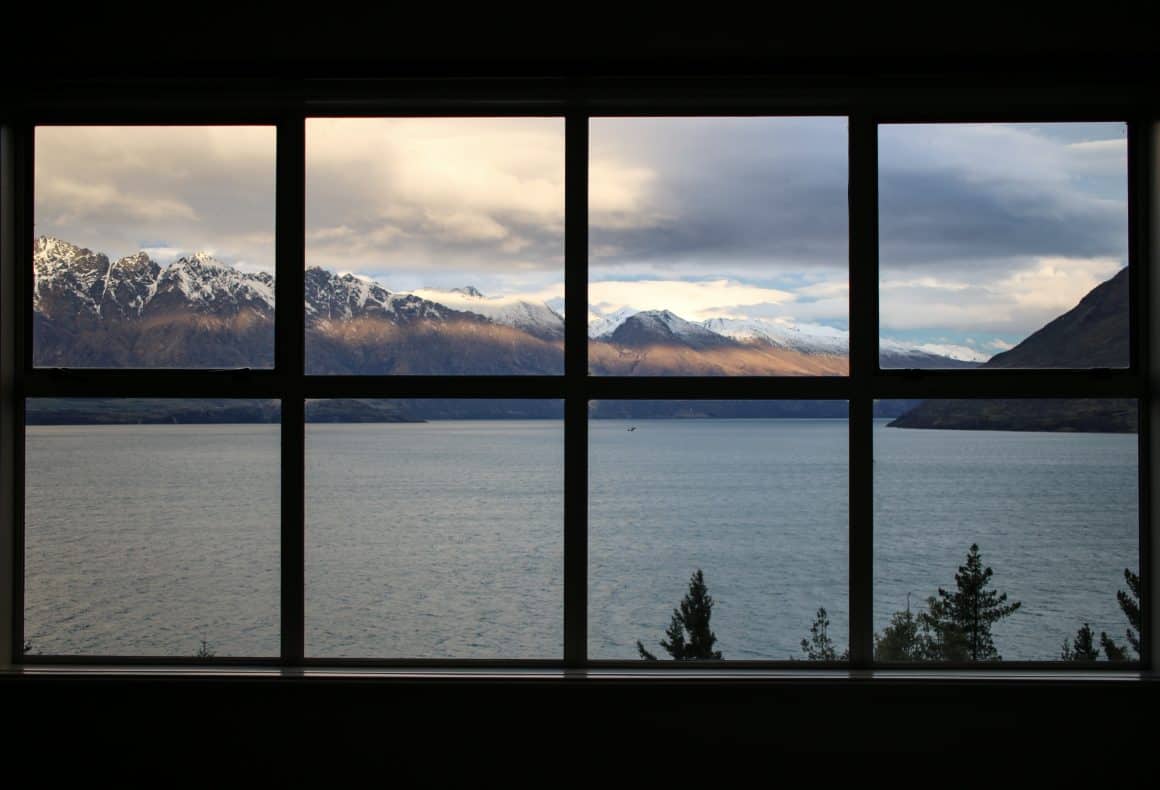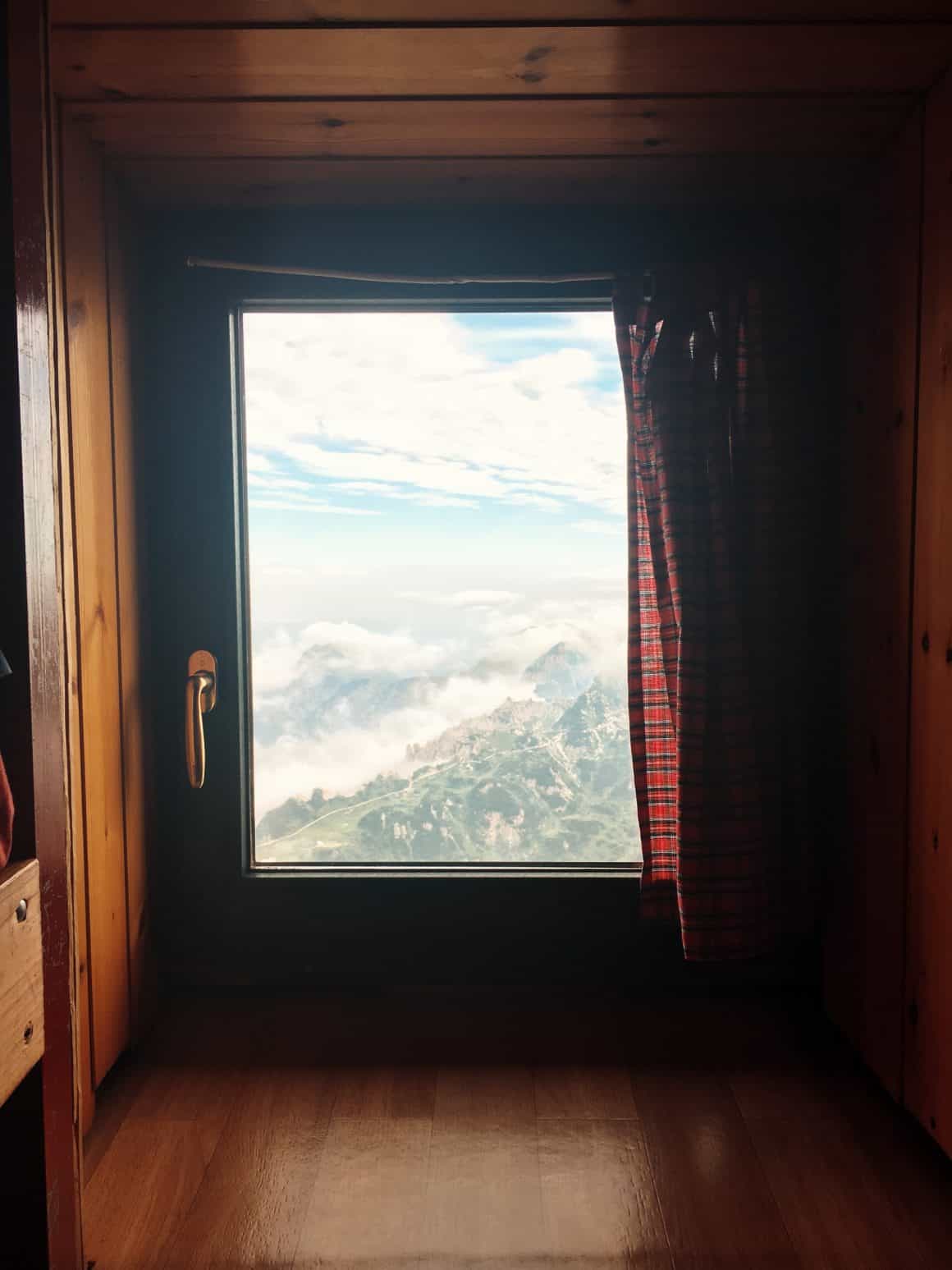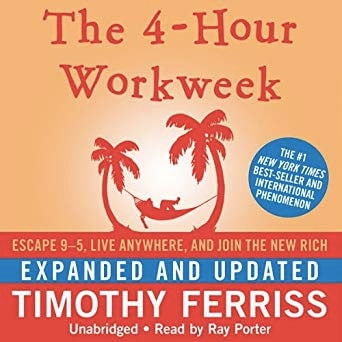

Having the right “digital nomad skills” makes it easier to live, work and travel, long-term. In this post we discuss a range of skills that benefit those who want to work from home, get a freelance job, become digital nomads, or start their own online business.
This post is ideal for those still formulating the plot of their own location independent lifestyle –those just dipping their toe in the water to see if working remotely is something they’d like to do, how it differs from “regular” work, and which digital nomad skills they’ll need to pull it off.
Table of Contents
Related: Check out our nomad guides section to learn how to become a digital nomad.

Work and Travel? Yes, Please
Combining work and travel is usually reserved for entrepreneurial-minded people or the select few whose job requires it. If you’re reading this article, I’d assume you’re in the first camp; you’re currently working a job that glues your ass to a chair every day from nine to five and you’re tired of it.
You spend a lot of time looking out of windows.
All you really need is a gut check to feel sane again. A confirmation of what you’re probably already thinking, and you’re on your way.
Related: Check out our list of unique gifts for travelers if you’re looking for some travel gadgets, or our massive resources list for digital nomads and business travelers.
“Build your own dreams, or someone else will hire you to build theirs.” – Farrah Gray
The time spent before people adopt a work and travel lifestyle is incredibly important –the decisions you make now are going to shape the course of your life.
If you’re employed and your nights are your own, this is the time to focus on your digital nomad skills.
After reading this article, think about ways you can invest in yourself before you pull the ripcord. Prioritize, and don’t bite off more than you can comfortably chew.
That might mean taking online courses to polish existing skills, reading a few books, or networking with other location independent entrepreneurs.
The digital nomad lifestyle can be as treacherous as it is invigorating, so do whatever you can beforehand to ensure it goes as smoothly as possible.
Want 4-Hour Workweek for Free?
Right now you can get the 4-Hour Workweek audio book for free if you sign up for Audible and grab a 30-day free trial. Cancel anytime, no questions asked.

Digital Nomad Skills
This article is a chapter for an upcoming edition of Digital Nomad Escape Plan –it’s a complete rewrite from the original.
I mention a lot of related articles on Hobo with a Laptop in this guide, so bookmark this page for later or add it to Pocket.
1. Learn How to Market Yourself
Every facet of your ability to work and travel will rely on your ability to make money online. Whether it’s through a remote job, freelance work, starting a blog, creating digital products, or you plan to start a dropshipping business.
And the only way you’re going to be able to bring yourself or your products to market and make money is by learning a few internet marketing skills.
The internet is built upon search engines; Linked In, Upwork, Amazon, YouTube, Google, you name it –all search engines.
Understanding how they work, how people use them, and how to best make yourself appear in search results for the right reason at the right time is a central challenge at the heart of every nomadic lifestyle.
Internet marketing is one digital nomad skill you cannot avoid if your goal is to work and travel, long term.
After a few years on the road I started Hobo with a Laptop and distilled the most important internet marketing skills into the following guides:
- Keyword Placement Guide: How to Use Keywords to Get Noticed
- How to Qualify a Blog Idea (Great for Startup Ideas, Too)
- Blogging Tools: Beginner’s Cheat Sheet
These should get you off to a great start, but they’re only the beginning. I didn’t want to water down the list above so keep in mind there’s plenty of related articles throughout Hobo with a Laptop.

2. Be Pragmatic About How You Make Money
Being pragmatic about how you earn money online will shave months or years off the time it takes to set yourself up for work and travel –it’s an absolute must-have digital nomad skill.
Pragmatism can manifest itself in a number of ways, but only if you’re observant.
Let’s say you have a stationary fetish and you love planners. You love using them, customizing them, and designing printable calendars in Canva. It’s just a hobby, but you’re good at it.
Then you decide to become a digital nomad and discover that all nomad travel blogs say “programmers are the hottest thing since sliced bread –guaranteed work” so you decide you’re going to learn to code.
You only know one setting on your microwave, technical topics have never interested you –but you’re going to learn to code and become a digital nomad. Go you.
Meanwhile, the world is full of people willing to pay a livable wage for a person who designs Pinterest Pins on Canva all day long.
My point is to look around you, look within your social networks and identify problems people you already know are having, and see if there’s a fit between what you know and what they need before you run off and start something from scratch.
People want to work with people they know, and it’s guaranteed work that’s right in front of you –without a steep learning curve.
Your version of an ideal work and travel situation will vary greatly from somebody else’s’.
Take a look at Location Independent Jobs That Are Always Hiring to get an idea of common remote jobs you may already have the digital nomad skills to do.
If you need help landing your first gig, check out How to Apply For Your First Entry-Level Remote Job.

3. Identify How You Fit Into a Bigger Picture
Elements of just about any career can be digitized and facilitated online by people who work and travel long term.
Networking with other digital nomads is a great way to get bigger projects or have a steady stream of work. It’s important to identify where you fit in and how you can help or work with others to keep the money rolling in.
For instance, digital nomads who run their own SEO business will often hire other nomads who are copywriters or virtual assistants to help them serve their clients.
Where do you fit in?
Common digital nomad skill sets that location independent professionals possess can be generally drilled down into seven factions:
Wordsmiths; Travel bloggers, authors, journalists, copywriters with various specializations from SEO to sales copy, infoproduct creators, and so on.
Media Producers: Videographers, designers, musicians, podcasters, photographers, illustrators, animators, and so on.
Internet Marketers: Often working for brands, they excel at search engine optimization, pay-per-click advertising, social media management, affiliate marketing, and so on.
Drop Shippers: Taking affiliate marketing to another level, drop shippers typically outsource order fulfillment to private companies such as Amazon FBA or other ASEAN suppliers.
Teachers: Instructors and teachers who took traditional teaching online to websites like VIPKid for teaching English by the hour, Skillshare or Udemy to generate a passive income.
Virtual Assistants: They handle a variety of tasks for others, such as audio transcription, website updates, email outreach, light design work, etc.
Programmers: People who develop, customize, or tweak code for mobile applications, HTML5 web-based applications, WordPress plugins, computer software, or internet-of-things devices just to name a few.
Each come with their own strengths and shortcomings which often means they’ll collaborate and “buddy up” with another to their mutual benefit. Work referrals within the nomad community are commonplace.

4. Identify Opportunities for Passive Income
Tying it all together, develop an eye for money-making side projects that, after some hard work, will lead to a passive income.
Every work and travel experience you get will help you add digital nomad skills to your arsenal and change the lens you view the world through.
And before you know it, you’re thinking like an entrepreneur. You will see opportunities everywhere –the hard part will become focusing on one thing at a time.
Frequently asked questions in your niche can be turned into affiliate marketing blogs where different products or services are the answer.
Designers will always be able to sell merch on TeeSpring or Amazon, teachers can create online courses, copywriters can create ebooks, and developers can create apps.
After working with others for a few years, you’re going to gain an understanding of what people in your niche need, and what the best solution is for them. Leverage that wisdom with a passive income in mind.

5. Repurpose Everything
Building on the last point, just about anything you do can be repurposed and/or sold to create a passive income elsewhere.
If you wrote a book, turn it into an audiobook. Made a great blog post? Turn it into a Slideshare slideshow, a podcast episode, and an infographic. Got great Instagram photos? Sell them on iStock in high resolution.
Learn how to build your empire with less effort, and make the most out of any effort you expend.
6. Keep Your Cool (No Matter What)
When you figure out how to work and travel long-term, you’ll discover that the digital nomad lifestyle can be incredibly cheap. If you’re earning USD and spending pesos, it’s a great way to save for retirement at a scale you simply couldn’t do back home with its higher cost of living. We only spend 1/10th of what we earn.
However, there will be caveats and you’ll need to accept them gracefully.
Infrastructure may not always be ideal, foods you once loved may not always be available at the grocery store, customer service may be abhorrent, clothing will get destroyed or go missing at the laundromat, and people may treat you with disrespect now and again.
All par for the course.
Always expect the worst and hope for the best. When things bugger up, do your best to handle them gracefully. Be grateful when they don’t.
Special Discounts for Lonely Planet
Check out Lonely Planet’s book shop for more travel information. With our link you are eligible for discounts other people won’t receive, and free shipping on orders over $40 USD (or $50 CAD).
They often run Buy One, Get One deals –so check it out.
Visit Lonely PlanetLearning to manage your stress levels and always be prepared for life’s little disasters while traveling is an unspoken but required digital nomad skill. If things can go wrong, they likely will, no matter where in the world you wind up.
Power outages are the universe’s way of telling you to go out and get a tan. You get used to it. On days where I’m encountering more travel-related stress than I’d like, I pop a GABA (which is also an effective nootropic).
Check out The Pros and Cons of the Digital Nomad Lifestyle, 14 Ways to Cope with the Unpredictability of Living in Asia, or 30 Obstacles to Overcome Before Becoming a Digital Nomad if you’d like to learn more about what I’m talking about.

Conclusion
People who live out of a suitcase to work and travel are careful about how they spend their time, and they’re always focused on work/life balance. Or they’re obsessed with a project and it consumes them, but it’s no less enjoyable.
My wife and I meticulously focus on making each step we take count, for today and down the road, so we don’t spread ourselves too thin.
As a result, we’ve built a few small online businesses that generate passive income enough to pay the bills, and we have more beach time than we thought was possible before we learned how to work and travel as a lifestyle.
What do you think? Are there any other digital nomad skills that absolutely must be on this list? Let everyone know in the comments.


Check Out Our Free Blogging Course!
If you found this post helpful, check out our free blogging course.
You’ll learn how to start a blog from scratch, make passive income –and much, much more!
Learn Blogging







